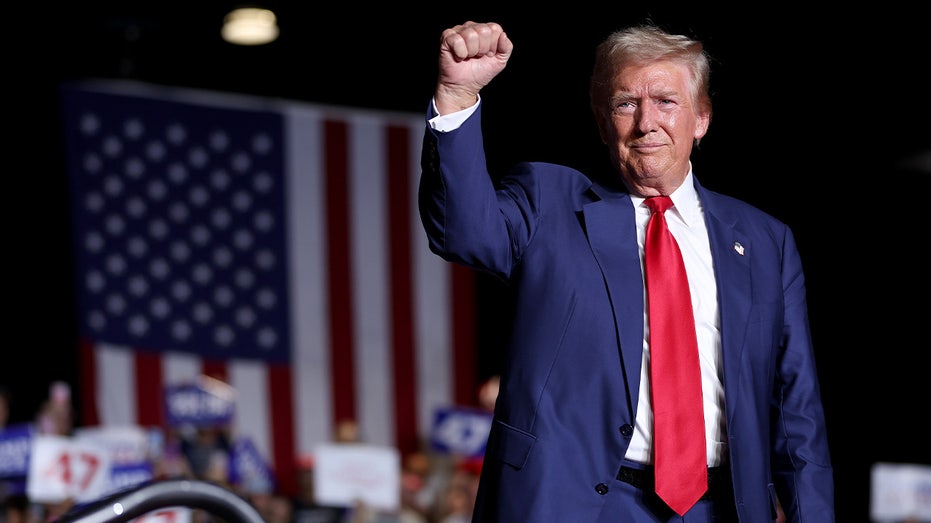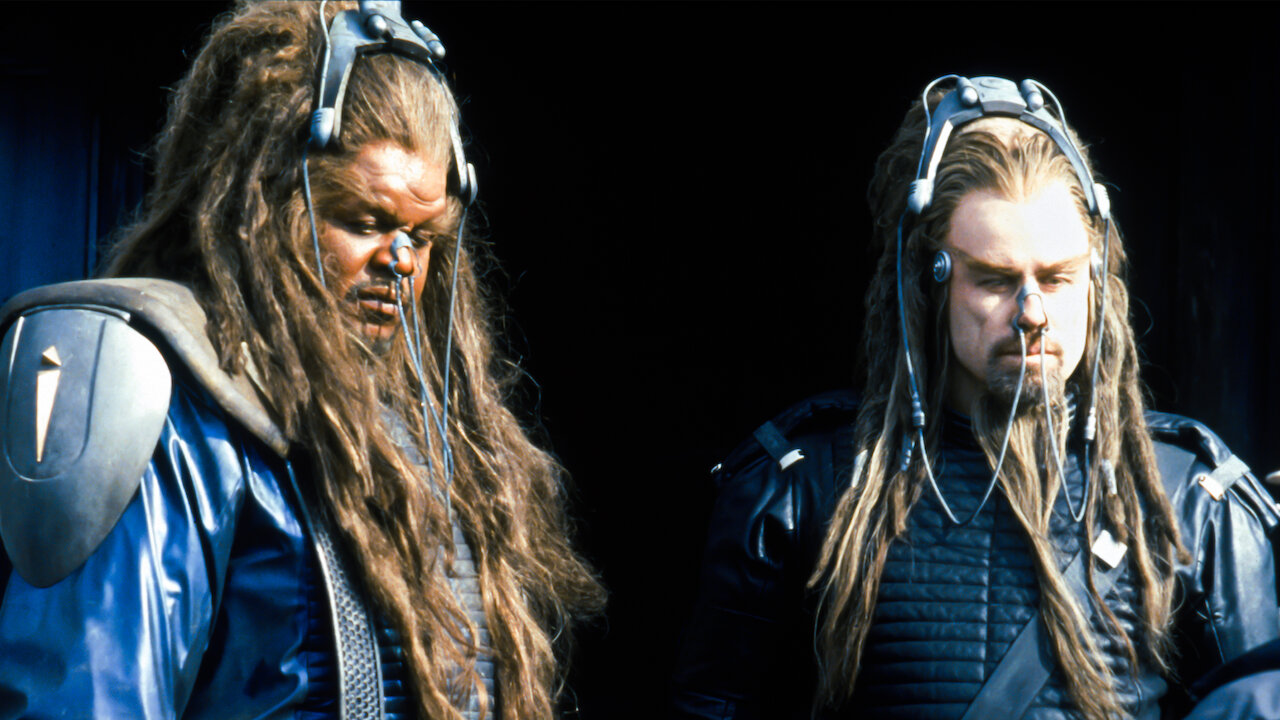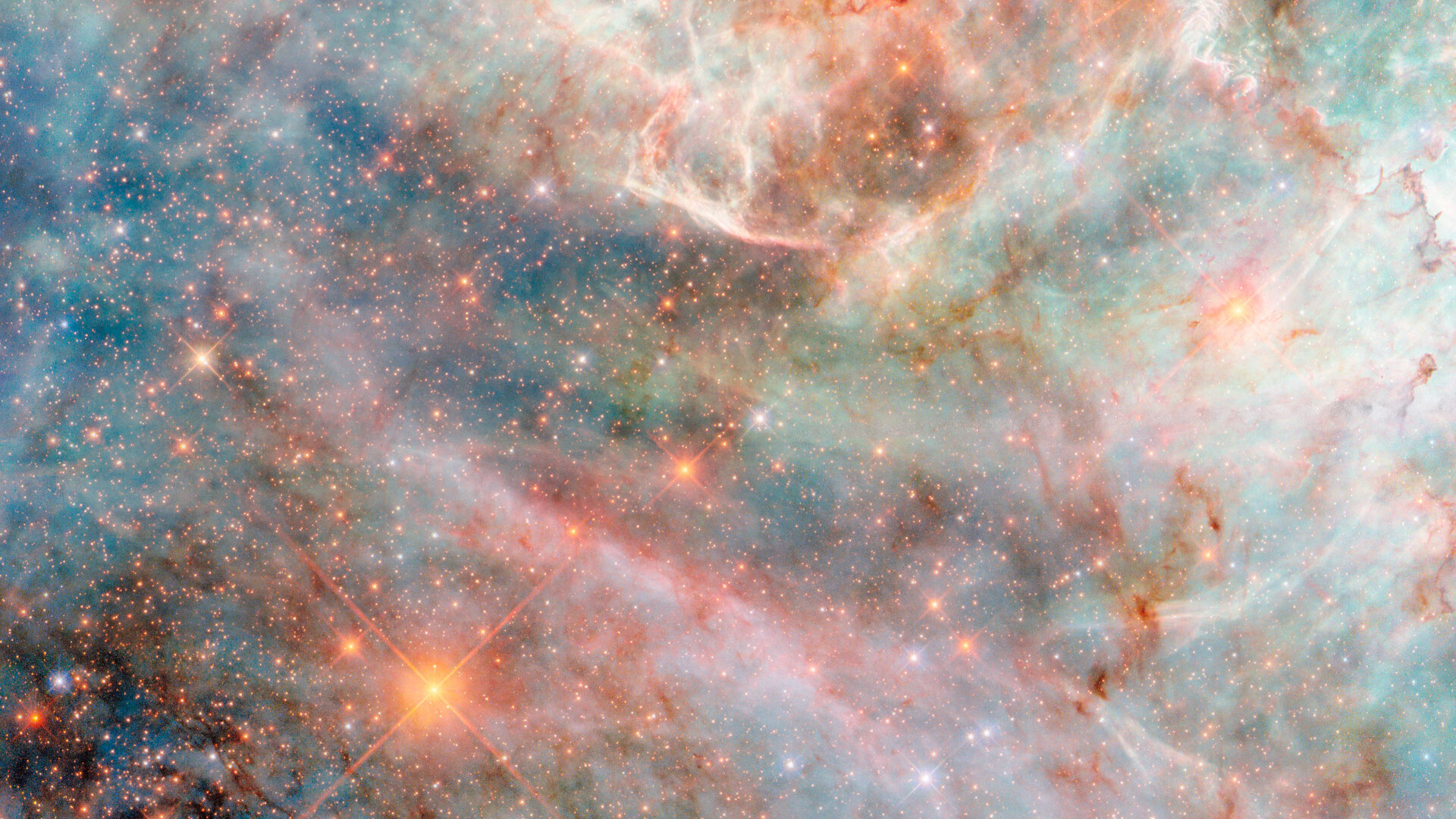Trump tries transparency defense for selling access
Twenty-five years ago, George W. Bush, the governor of Texas, barely defeated the sitting vice president, Al Gore, in what remains the narrowest victory in presidential history: fewer than 1,000 votes in a single state, 48.85 percent to 48.84 percent in Florida. There are many ways to explain how the vice president lost to an...

Twenty-five years ago, George W. Bush, the governor of Texas, barely defeated the sitting vice president, Al Gore, in what remains the narrowest victory in presidential history: fewer than 1,000 votes in a single state, 48.85 percent to 48.84 percent in Florida.
There are many ways to explain how the vice president lost to an incumbent with a 60 percent job-approval rating.
Gore was a bad campaigner and almost supernaturally awkward — the kind of person who hires a consultant to teach him how to be an “alpha male.” Bush, by comparison, was loose, engaging and a good communicator, even when he mangled the syntax.
But style points are hard to judge. It may be true that Bush won on "vibes," as we would say now, but that’s unsatisfying. Gore couldn’t get a personality transplant, so had to try to win with the one he had. What possibly could have made the difference for Gore?
The most obvious answer: Behave more ethically.
In the spring of the election year, Gore’s longtime fundraiser, Maria Hsia, was convicted of five felony counts of campaign finance corruption for her role in using a Buddhist temple in Los Angeles to funnel illegal contributions to the Democratic Party. Gore had at first denied knowing that his own visit to the temple was for fundraising purposes, but as more facts came to light, he admitted that he knew his visit was “finance related.”
Hsia’s conviction was a boon to Gore’s rival for the presidential nomination, Sen. Bill Bradley (N.J.), who had zeroed in on the string of prosecutions into Clinton-Gore donors, including those hiding illegal donations from China. Of particular note was Gore’s role in hosting dozens of “coffees” for wealthy donors at the White House. Gore, who had always played the Boy Scout to Bill Clinton’s bad boy, was found to have been front and center in the effort to sell access to the administration. Gore may not have been the one selling nights in the Lincoln Bedroom to the highest bidder, but neither was he oblivious.
When Gore gave his critics the gift of citing the existence of “no controlling legal authority” to forbid him from making fundraising calls from the White House, it sounded like Mr. Clean had adopted the Clintonian habit of parsing the truth within an inch of its life.
Gore outlasted the reform-minded Bradley to win the nomination, but the damage was magnified by the Bush campaign and congressional Republicans during the general election.
Had Gore been more upright, it might have been enough to switch 269 votes out of the 5.8 million cast for the two men — or gotten 538 of the 97,488 Floridians who voted for anti-corruption crusader Ralph Nader to switch to Gore.
Certainly consequences like those must have been on the minds of House Republicans a generation later when they went ape over the revelation that Hunter Biden, son of then-President Joe Biden, may have been getting paid for his paintings by influence seekers.
“It is concerning that President Biden’s son is the recipient of anonymous, high-dollar transactions — potentially from foreign buyers — with no accountability or oversight (other than you),” House Oversight and Accountability Committee Chair James Comer (R-Ky.) wrote to the younger Biden’s art dealer as his father’s reelection bid was heating up.
And no doubt it was effective. Of all the things that led Joe Biden to ruin, his son’s inexhaustible appetite for making money off of his family’s famous name has to rank high on the list. The president’s own obvious aged infirmity was what ultimately caused Democrats to force him out of the 2024 race, but his son’s many years of shabby buckraking, both in active addiction and recovery, helped destroy Joe Biden’s image as a straight shooter.
So what do Comer and the Republicans say today about President Trump amid what has to be the most audacious effort to sell access and favors by any president in American history?
“I’m not worried about anything the Trumps are doing,” Comer said last week. “I want you to write this down: I’m not worried about anything the Trumps are doing business-wise, because they’re being transparent. Unlike the Bidens.”
You’ve got to give them that. The Trumps are wide open.
As President Trump heads off for what looks like a royal progress through the Middle East this week, his family is taking in huge sums from Gulf State governments for development projects, including $2 billion for the family’s cryptocurrency venture. One investor was particularly transparent: “We would like to have direct dialogue with the policymakers.”
Indeed.
A good opportunity for such dialogue will be bestowed on the top spenders on the latest offering of the family’s digital currency, including a private dinner with the president himself and, for the most ambitious access buyer, a visit to the White House. Another win for transparency. While the Clinton-Gore folks were selling White House access on the sly to try to score campaign contributions, the Trumps are holding an auction, the proceeds of which go directly into their coffers.
And there’s more good news for transparency fans: The president is set to receive a half-a-billion-dollar gift from the government of Qatar in the form of a plane that can serve in the presidential fleet during his term and then be transferred to the ownership of Trump’s presidential library when his term ends. The library has been taking in money hand over fist and now will have its own Boeing 747. It’s so danged transparent, the ethics folks must be dancing in the streets.
Trump doesn’t have to face voters again, so he doesn’t have to worry about the backlash for himself. But the brazenness of it all won’t be without consequences. One imagines that all this radical transparency will be worse for his party and political heirs than Clinton’s milder shenanigans were for Gore.




















_ElenaBs_Alamy.jpg?width=1280&auto=webp&quality=80&disable=upscale#)





















![Bitten By Bed Bugs At Luxor—Rushed To Hospital, All They Did Was Waive Her Resort Fee. Now She’s Suing [Roundup]](https://viewfromthewing.com/wp-content/uploads/2025/05/luxor.jpg?#)





























